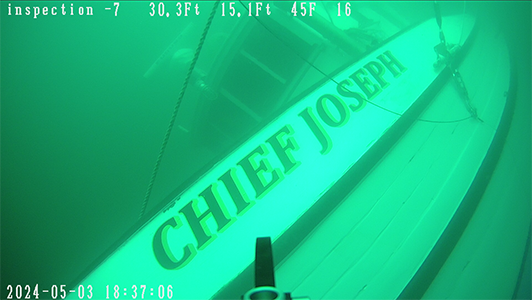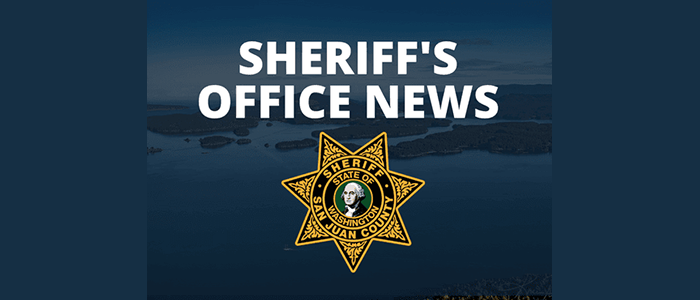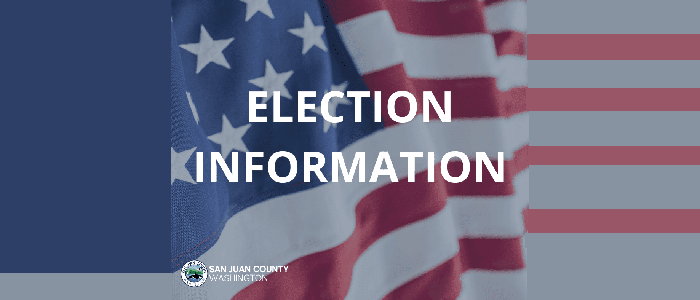||| FROM TACOMA NEWS TRIBUNE ||| REPRINT AT REQUEST OF ORCASONIAN READER
More than a century ago, U.S. Supreme Court Justice Louis Brandeis famously wrote: “Sunlight is said to be the best of disinfectants.” It’s in this spirit that I believe the time has come for the Legislature to begin addressing the public’s and media’s concerns over transparency and accessibility issues with a Washington Office of Transparency Ombuds. This transparency agency would be tasked with assisting Washingtonians with accessing public records and streamlining the process to make government more open, transparent and accountable.
In 1972, Washington voters established the Public Records Act with Initiative 276, requiring most records maintained by state, county and city governments be made available to the public. At the time, the Act included only 10 exemptions from public disclosure. Today, there are more than 500 exemptions, with more enacted just this year. Exemptions have become the rule.
In 2007, the Public Records Exemptions Accountability Committee (Sunshine Committee) became law. The Sunshine Committee makes recommendations to the Legislature to repeal or amend exemptions to the PRA. While the committee does admirable work with its limited scope, it cannot force policymakers to act, does not provide direct assistance to citizens and has failed to persuade the Legislature from eroding public access.
In our form of government, the people are sovereign. Government officials serve and are answerable to them. That’s why it’s essential for the public to have access to information — they have a right to know how and why decisions are made that affect their lives.
This fact alone should be sufficient reason to break down existing barriers and spearhead a new initiative to make Washington a national leader in public transparency.
Unfortunately, good government is not the only victim of our state’s disjointed transparency efforts — taxpayers are, too. In a recent report compiled by the Joint Legislative Audit and Review Committee, state agencies (only 30% responded) reported receiving 357,075 public records requests in 2021. The price tag to simply respond to these requests totaled $100 million. Agencies spent another $7.2 million on litigation costs.
Today, if a government agency, or even a legislative office, denies a public records request from a member of the public, the only formal recourse for the requester can be found through the legal system — another costly and often daunting barrier to public access. An administrative process would make government transparency more cost-effective and lower the barriers to a growing and complex PRA system. A government’s default should be openness and accessibility. Recent legal victories against state agencies, as well as a recent lawsuit regarding legislative privilege, evidence a desire by the public for a better way to access their government.
Today, if a government agency, or even a legislative office, denies a public records request from a member of the public, the only formal recourse for the requester can be found through the legal system — another costly and often daunting barrier to public access. An administrative process would make government transparency more cost-effective and lower the barriers to a growing and complex PRA system. A government’s default should be openness and accessibility. Recent legal victories against state agencies, as well as a recent lawsuit regarding legislative privilege, evidence a desire by the public for a better way to access their government.
Fortunately, there’s a better way. Other states have adopted effective measures to shed light on the inner workings of government. In 2008, Pennsylvania passed a right-to-know-law establishing the Office of Open Records. It’s based on the presumption that all records are public and available to citizens. It also acts as an ombudsman on their behalf.
With Pennsylvania and other states as models, I introduced House Bill 1856 to establish a 12-member committee on transparency comprised of legislative Democrats and Republicans, executive branch appointees, members of the media and the Sunshine Committee chair, to help commission a broad-based study on the establishment of the Washington Office of Transparency Ombuds. This study would include a comprehensive overview and comparison of each state’s efforts to provide timely public access to government records.
As state government has expanded in size and scope beyond what was recognizable a generation ago, it’s important to remember that it still exists to serve the people and protect their rights. And it’s incumbent on us as policymakers to make information — information that belongs to the public — as open and transparent as possible so that citizens can make informed decisions about the future of our great state.
I will continue working with my colleagues on both sides of the aisle to find a good-government solution.
First elected in 2020, Rep. Peter Abbarno, R-Centralia, represents 20th Legislative District, which includes parts of Clark, Cowlitz, Lewis and Thurston counties.








